COMMENT | The ongoing Global Ikhwan Services and Business Holdings (GISBH) child sexual abuse scandal, and others prior to this, highlight the deficits in Malaysian child protection services. Although this scandal involves a religious body, the issue is primarily one of child protection.
All children must be cared for in safe and protected environments, whether they be at home, in children’s homes, in education facilities, in religious facilities, in the community, etc. This would apply to both residential and daycare facilities.
This article extends a call for reforms to improve child protection by offering concrete recommendations.
RCI and adopting a holistic lens
There have been calls for a Royal Commission of Inquiry (RCI) over the GISBH scandal. This is an essential first step to review the issues and deepen discussion. There is a need to look not just at the GISBH scandal but all aspects of child protection. Effective prevention and intervention strategies are well-known internationally and should be used as benchmarks for evaluation.
There are two starting points. First, it is important to recognise that solutions to child protection need to be multifaceted – strengthening laws, better assessment of problem areas and an implementation of policies, building human resources and professionalism, improving data, measures and awareness, changing norms and forging public partnerships, and increasing accountability. Ultimately the voices of children – especially victims of abuse – need to be heard and empowered.
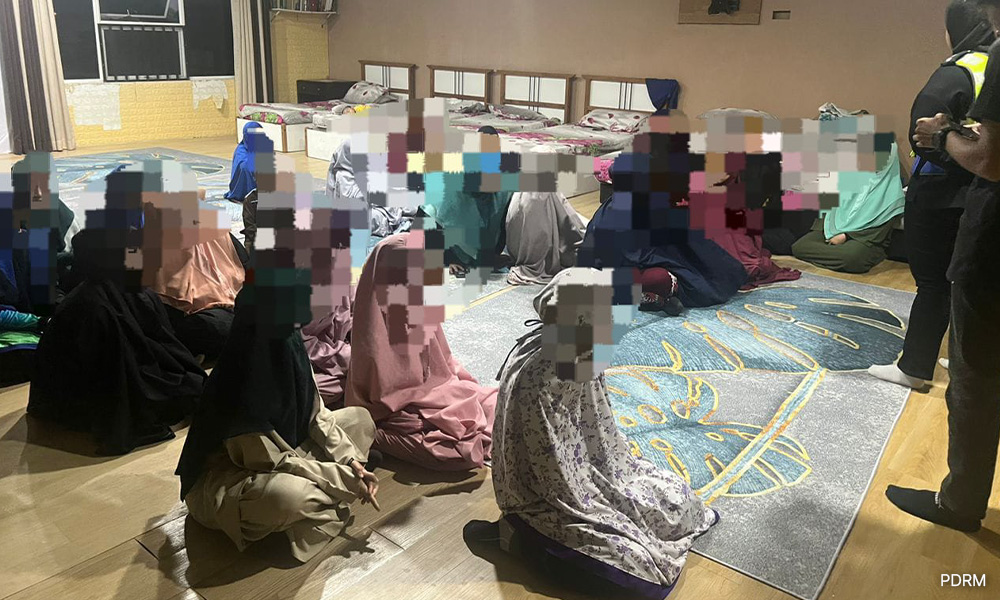
The second dimension is to acknowledge how serious the problem is. GISBH is only one of many serious reports that showcase governance gaps. With local studies showing that a quarter of children face physical abuse and 10 percent of children sexual abuse and other protection issues involving statelessness, there is an urgent need to make meaningful reforms that reduce the threats to children.
Addressing gaps in legislation
Malaysia has a number of laws to protect children and address the issue of child abuse. This includes the Child Act 2001 and the Sexual Offences Against Children Act 2017. Sadly, the Penal Code 1976 is not harmonised with these two legislations or the United Nations Convention on the Rights of the Child (UNCRC). It is critical that all laws that affect children are in line with basic child rights guidelines and proactive in supporting children.
In addition, the Child Act, although revised in 2006, still needs to be improved to ensure comprehensive protection for all children. It is currently in the process of being amended but we are uncertain as to what provisions are changed or added. Critical amendments should include that it is mandatory (with punishments for failure) for everyone, regardless of status or relationship to a child, to notify any child suspected of abuse to the Welfare Department.
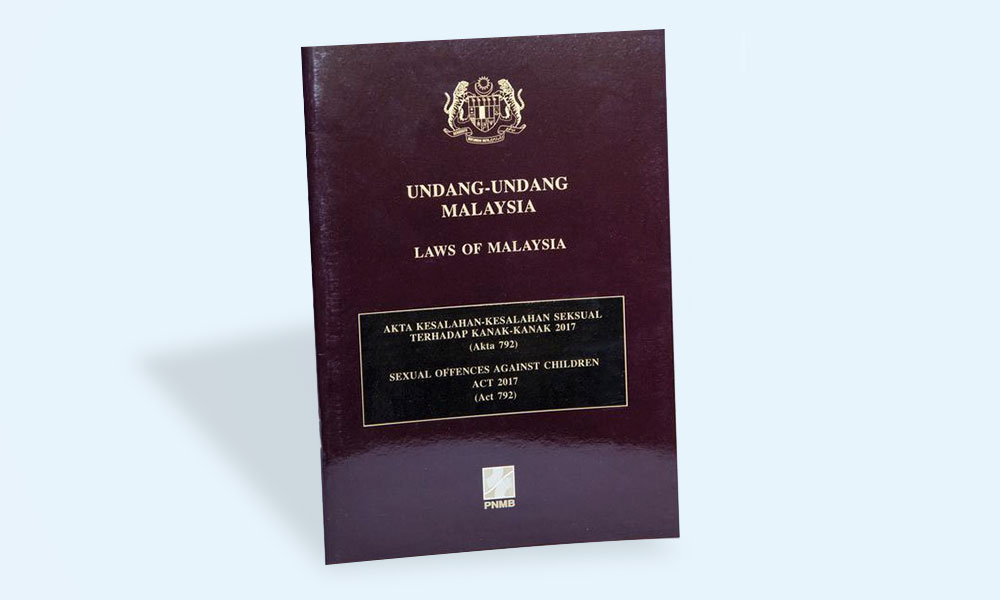
This is to plug the current loophole when many abused children in the Education Ministry, religious schools and centres are not reported.
Another critical amendment should be that all children in care homes, daycare facilities, centres, institutions, religious bodies, education facilities, army, etc, whether state or federal, must have external oversight and monitoring from legally mandated child protectors. Centres should either be registered with or under the jurisdiction of the Welfare Department with proper oversight of the conditions of the centres.
Although the Child Act legally recognises the Welfare Department staff as child protectors, in reality, they do not have the power to inspect or monitor children in most of these facilities. This serious gap in current child welfare services must be addressed to ensure that children in any setting can be protected.
More broadly, the legal protections for children need to be standardised, with all children in Malaysia regardless of background having similar legal protections. Victims should also be able to seek significant restitution from their abusers. Malaysia’s legal system needs to move toward putting in place laws that are in line with global standards.
Improving governance and professionalism
Beyond laws, governance needs to be improved, starting with those responsible for children's welfare. It has been long recognised that the Welfare Department is both grossly understaffed and lacks professionals to deal with child protection. Staff are overburdened and cannot monitor adequately child abuse cases that are identified, let alone monitor centres that offer childcare.
For example, there are serious gaps in overseeing orphan and care homes, hindered by the Welfare Department’s staffing deficits. It is estimated that over 60,000 children in Malaysia are in these facilities, with only 8,000 of these officially registered.
Calls to set up an independent Children’s Commission, answerable to Parliament, have not been heeded by the government. The formation of a Children’s Department within the Welfare Department resolves none of these issues. We are effectively rebranding a weak and ineffective service, as children are suffering.
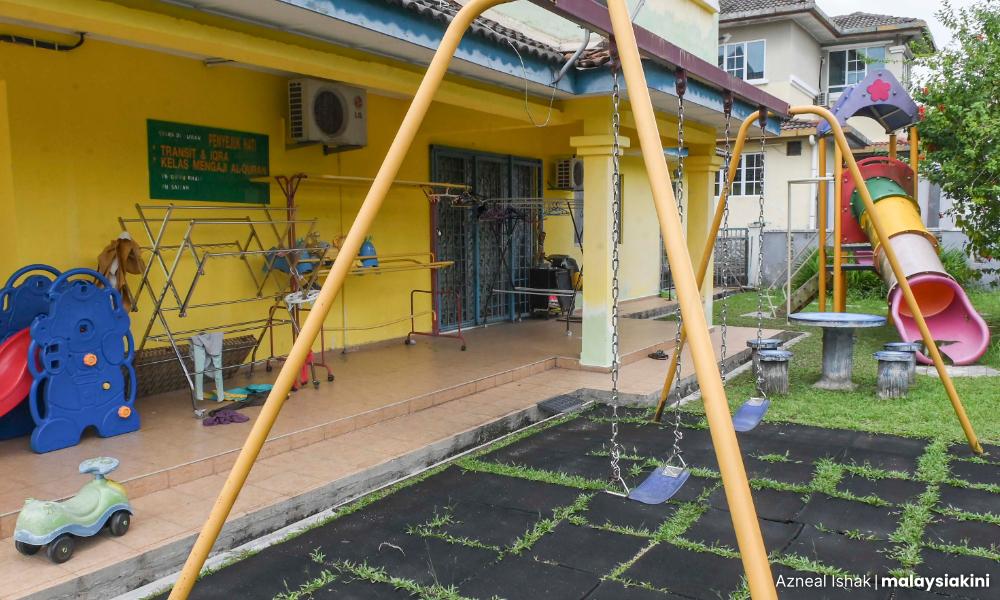
There is a pressing need for a professionally trained, adequately staffed Children’s Commission or Welfare Department that can execute legally mandated child protection duties. Currently, the vast majority of Welfare Department staff are not trained social workers, often learning on the job, and not fully aware of all child protection regulations and their full responsibilities and powers.
This weak governance in the Welfare Department must be urgently resolved, including proper instruction on international standards of child protection. This will require the passing and implementation of a good Social Work Profession Bill and a dramatic upscaling of social worker training. The staff in the Welfare Department need more support and resources.
Better public data and measures
A vital part of improving administration is studies that look more carefully at child protection and do so professionally. For too long, the issues of child protection have been overlooked, downplayed and even denied and covered up, as there has been resistance to addressing these serious social problems in Malaysian society. There needs to be independent studies on the scope of problems.
Integral to this is the need to integrate guidelines on child protection. All organisations and agencies, governmental, civil or religious, should have a written child protection policy which is updated periodically. Such a policy would include regular and mandatory training for all staff and children, mechanisms for children to report abuse, safety rules for working with children, mandatory background checks of all staff, etc.
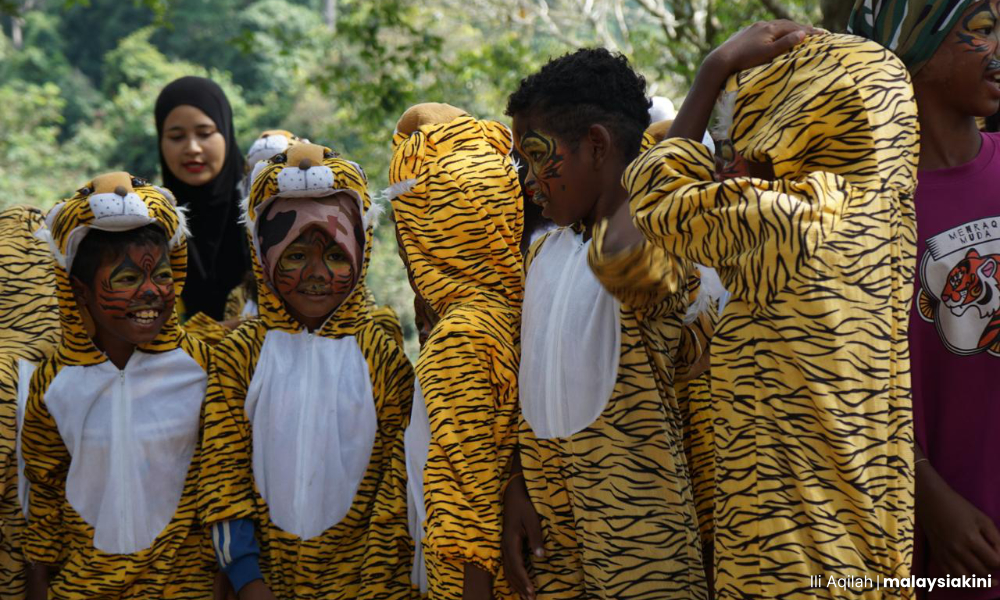
There should be periodic external audits and reviews of organisations with respect to child protection. Ideally, a grading system should be developed to inform parents and the public as to the safety profile of institutions.
Awareness training for children and carers
Building more public awareness of child protection is crucial. Children need to know their rights and sexual safety. Disturbingly, too many sexually abused children have been made to believe that it is right of the adult to do heinous acts. This must change. It is important that children, from the age of three to four years (preschool) be educated about their rights, when to suspect abuse and how to seek help.
Empowering children, and teaching all children about sexual protective behaviours, is perhaps one of the most effective ways to prevent and stop ongoing abuse; provided there are effective systems in place to enable children to call for and get help rapidly. More accessible safe spaces for children are needed.
Training is also required for all staff looking after children in any capacity; whether it be in a care home, daycare facility, religious body or as a teacher. This should be mandated, compulsory training on child protection issues, appropriate adult behaviours, sexual safety, effective discipline techniques, etc.
Forging public partnerships
The issues cannot be resolved by the government alone. The public at large can play a role with increased understanding of the issues. Regular public awareness programmes on how to suspect abuse with easily accessible reporting mechanisms can be put in place. This will enable the community at large to support child protection services. An important part of the awareness training is to lay out clear steps for children if they need help.
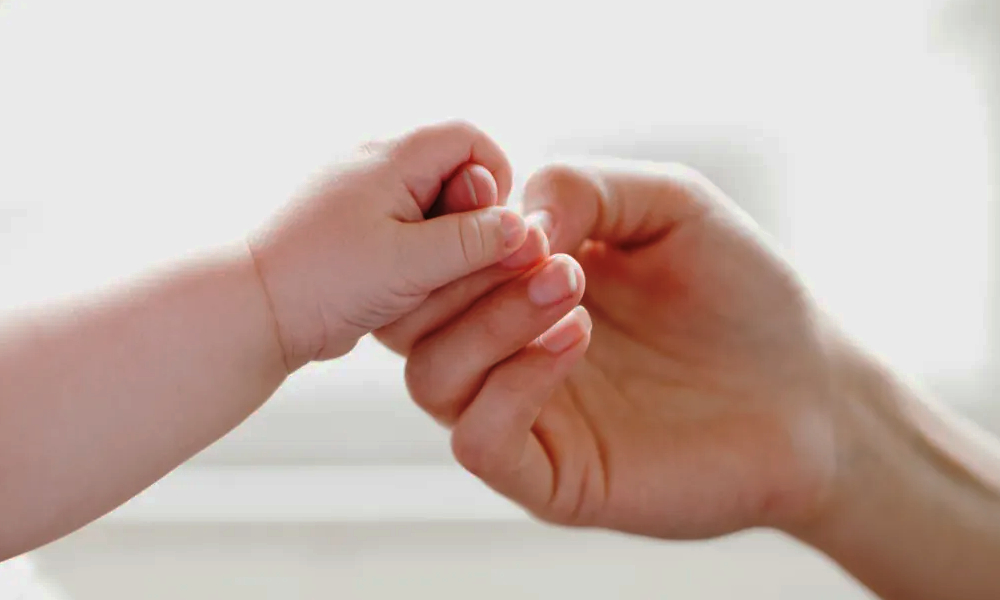
Norms need to change, with an appreciation of the rights of victims and a more open discussion of the issues. Silence and bullying around child abuse need to stop. As a society, we need to change how children are viewed and treasured.
Enforcement needs to the ratcheted up. A centralised unit in the police that focuses solely on child protection can ensure that delays in rescuing children will not happen again. For this, the police need additional resources.
Civil society organisations in particular have an important role to play, with many experienced child specialists and advocates. These organisations can help create safe spaces for children in local communities, to build trust and reach out across the diverse communities. They can help reduce practices of denial and bullying of victims.
Collaborative partnerships with the government are the international norm and can be expanded here. Specially trained units in different agencies, such as the Education Ministry and the police, should be on hand to assist children, working in tandem with child advocates. As with government staff, all civil society partners should go through a thorough screening process.
For greater effectiveness, ties to civil society organisations should be formalised and enhanced with a legal mandate to support stronger collaboration.
Moving forward
Events to date, from the GISBH scandal to rising reports of abuse, speak to the need to act.
Transparency and greater accountability are critical to restore public confidence. What matters most is that the suffering of innocent children should end. Emphatically, there should never be another scandal like GISBH.
We will continue to fail children, again and again, unless we fix our child protection services and adopt a more holistic approach to addressing the challenges.
There is much to be done.
DR AMAR-SINGH HSS is a consultant paediatrician and a child disability activist. He is an adviser for a number of child-based civil society organisations, an adjunct lecturer in paediatrics for some universities and a senior fellow at the Galen Centre for Health and Social Policy.
BRIDGET WELSH is an honorary research associate of the University of Nottingham’s Asia Research Institute, a senior research associate at Hu Fu Center for East Asia Democratic Studies, and a senior associate fellow at The Habibie Centre. Her writings can be found at bridgetwelsh.com.
The views expressed here are those of the author/contributor and do not necessarily represent the views of Malaysiakini.

